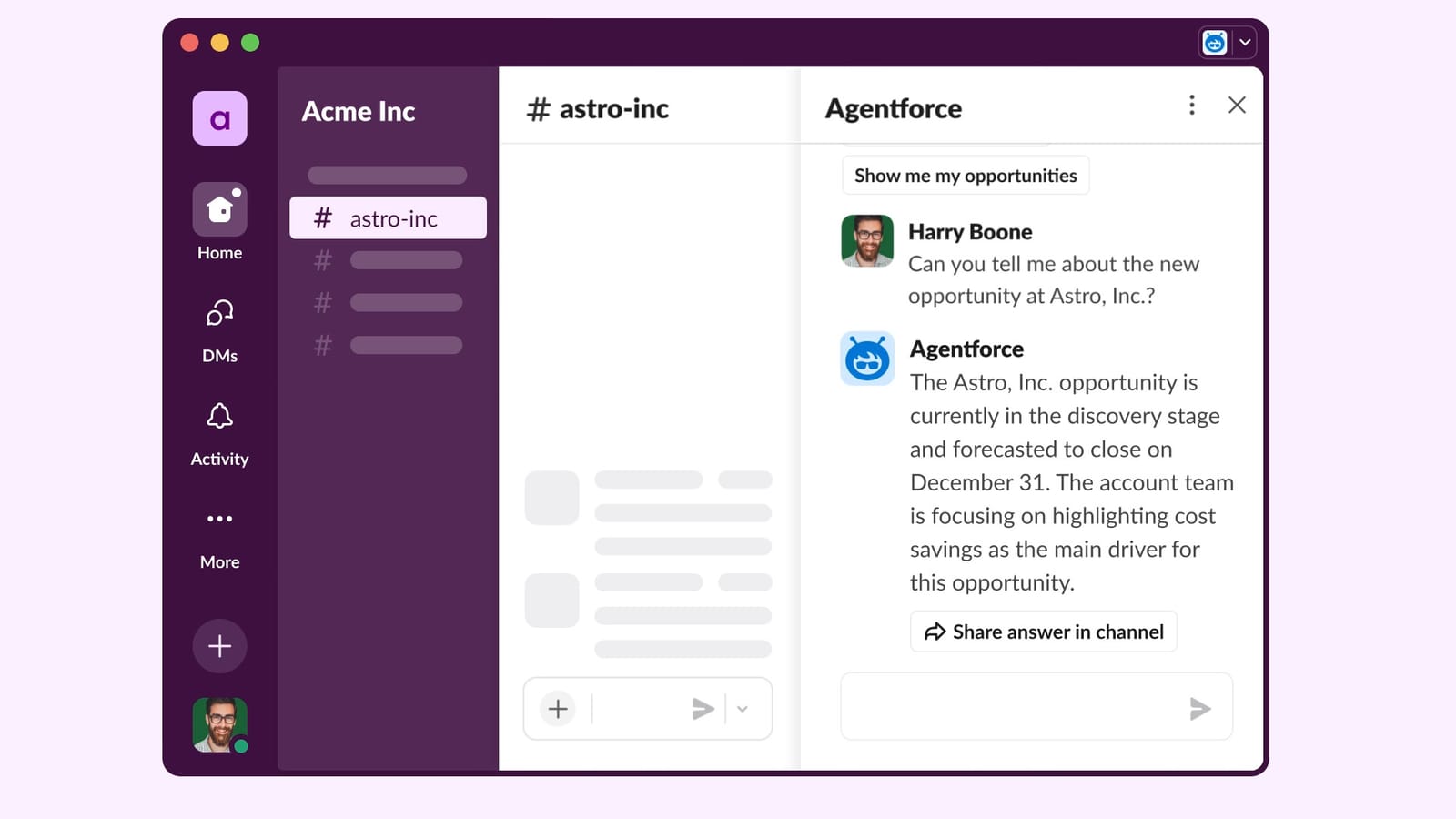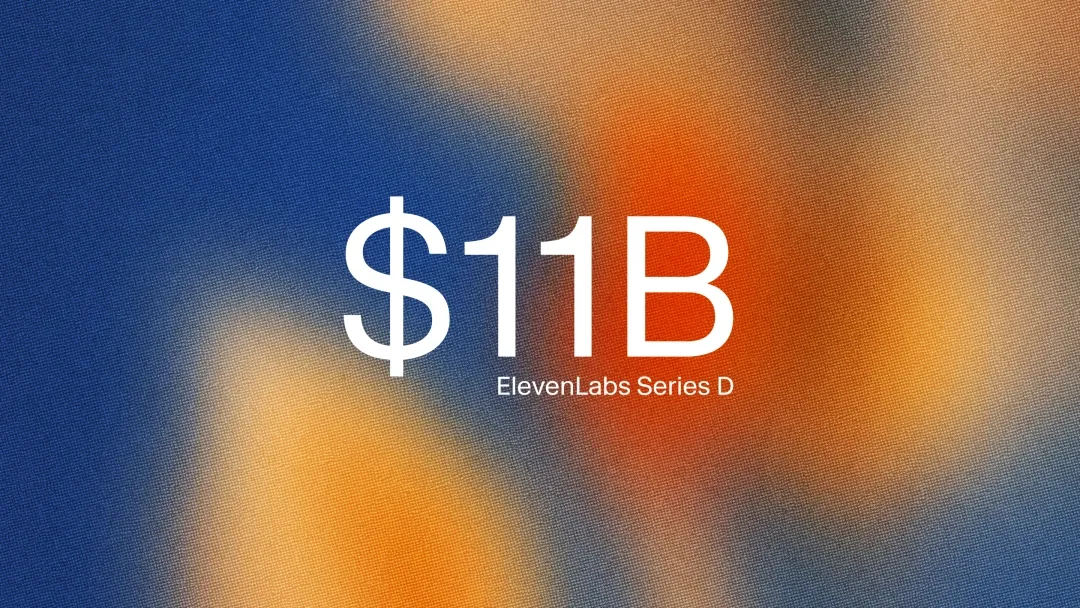The latest edition of Dreamforce, Salesforce's annual conference, was all about AI, and for good reason. One of the conference's main events was the Agentforce launch, where Salesforce introduced its brand new custom AI agent building platform. In more practical terms, Agentforce Agents are AI-powered applications with a specific purpose, which are provided with context, guardrails and communication channels so they can accomplish a set of tasks related to their purpose.
For custom Agentforce Agents, these parameters are fully specified by the users. Otherwise, users have the option to test drive the service with Agentforce's prebuilt Agents. Other than their obvious native integration in the Salesforce ecosystem, Agentforce isn't substantially different from other AI agent building platforms trying to go beyond knowledge retrieval and conversational agents into more involved systems that can autonomously perform some tasks, or in specific cases, even take over entire workflows.
Another essential piece in Salesforce's new push for "human-centric, agent-powered work" is Slack. Already a platform that reunites people, data, and apps in a single place, Salesforce is now incorporating agents to Slack, and this includes Agentforce custom and prebuilt agents as well as third-party AI-powered apps, including from OpenAI, Claude, Adobe Express, and Cohere.
AI-generated notes for Slack huddles are also now available for Slack AI subscribers. When Slack AI collaborates in a huddle, it now creates a Slack canvas which features notes and a summary with the most important information, available to everyone who participated in the huddle. Additionally, Slack's Workflow Builder has been expanded with conversational prompt support, so users can create automations using natural language only. These features, together with an enhanced Slack AI search, further integrations with Salesforce data, and Slack templates for everything from channels to lists and workflows, will define Slack's new milestone as Salesforce's AI agent hub.







Comments